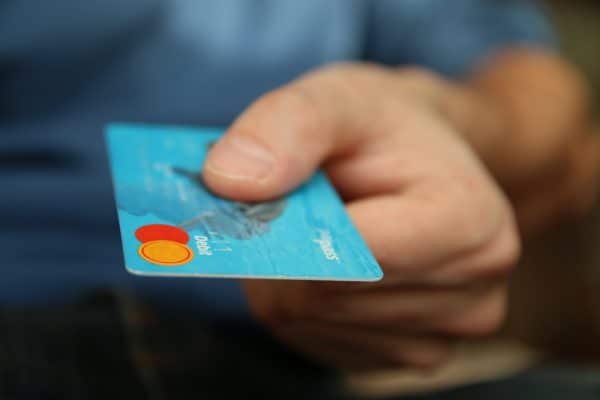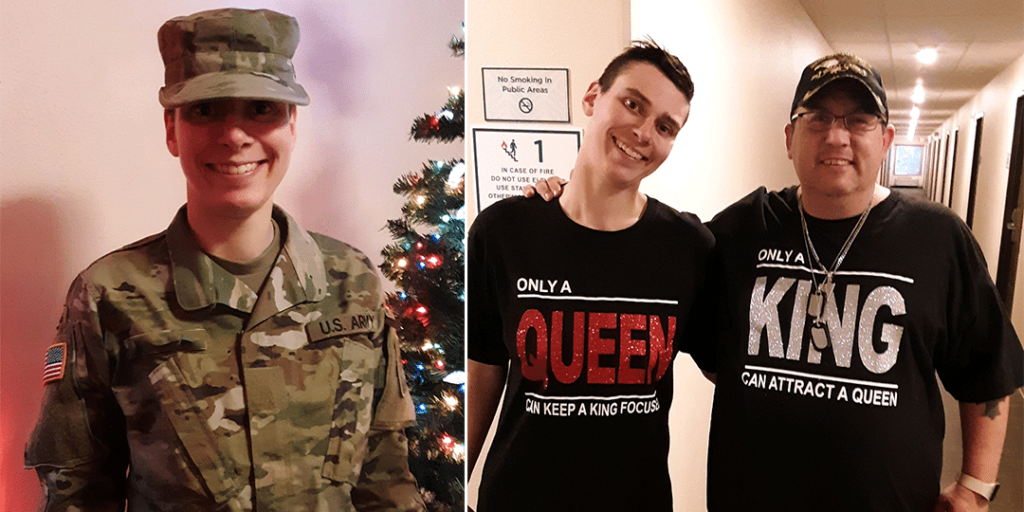
- The App
- Sandboxx News
- Resources
Learn
- Company
About
Become a Partner
Support
- The App
- Sandboxx News
- Resources
Learn
- Company
About
Become a Partner
Support
My seven-year-old daughter has a funny way of talking about money. She can’t seem to remember the word “spend.” When she wants to talk about...

My seven-year-old daughter has a funny way of talking about money. She can’t seem to remember the word “spend.” When she wants to talk about what we buy, she uses the word “waste” instead. No matter how many times I explain to her the difference between “waste” and “spend,” it just doesn’t seem to stick. “What are you going to waste your money on here?” she’ll ask when we go into a store.
Yesterday, I hilariously heard her excitedly telling her class on Zoom that she “wasted her Christmas money on getting her ears pierced.” Now, getting her ears pierced was pretty much the highlight of the year for her, and the best way to spend the $40 her aunt gave her this Christmas. So it certainly wasn’t money wasted. But it still made me think: What if we, as adults, interchanged the words “waste” and “spend”? Would it stop us from mindlessly buying what we don’t need?

I am a guilty-as-charged Amazon overspender. I buy about 90% of my purchases on Amazon – everything from books to paper towels to contact lens solution to kids clothes. Over Christmas, I read a great meme of 2020 that could have been me: “I didn’t receive anything from Amazon today so the UPS driver knocked on my door to make sure I was okay.”
I also am a big fan of targeted ads (big fan as in I really like/want all the things they advertise to me). The 10% of things I don’t buy on Amazon, I buy from Instagram ads. And I have found some wonderful products, like the softest joggers I’ve ever owned, or a portable chair that folds up to the size of a water bottle for my kids’ sports games. But I’ve also purchased things I definitely didn’t need (like a calligraphy manual and a very expensive sports bra that was supposed to help my posture, but didn’t).
It’s so easy to mindlessly spend when our credit cards are stored on our phones and computers, and all we have to do is click a button. It makes me long (kind of) for the days when you had to use cash to buy everything, and if you didn’t have the money, you didn’t buy it. One of the saddest things about today as a parent is that my kids really have no concept of dollars and cents. I haven’t carried dollars since 2018, and I definitely don’t use them during COVID (since most stores won’t take them now anyway).

So, when my daughter asks how much a toy costs, and I tell her $20, she doesn’t really comprehend what that means. The other day, she asked me how much I thought the LAFCO candle I had received for Christmas cost.
“I’m not sure, but it’s a very expensive brand,” I replied.
“So, like, $1000?” she asked.
Young kids particularly have trouble understanding money when they see us spend, say, $200 at the grocery store, or $2000 on a Peleton bike, and then tell them we can’t buy a $10 toy – because it’s not really about want versus need, is it? Do we need that Peleton bike? No. We might need that loaf of bread, but we don’t need those potato chips.
The problem is, of course, that as adults, even we don’t really think about what we want vs. what we need. We put charges on our credit cards and figure out how to pay them later. So how can we explain it to our kids?
That’s why, this year, when I look at how much something costs, I’m going to follow my daughter’s lead and ask myself: How much will I waste on this?
Maybe it will help me think twice before pushing the “Buy” button.




